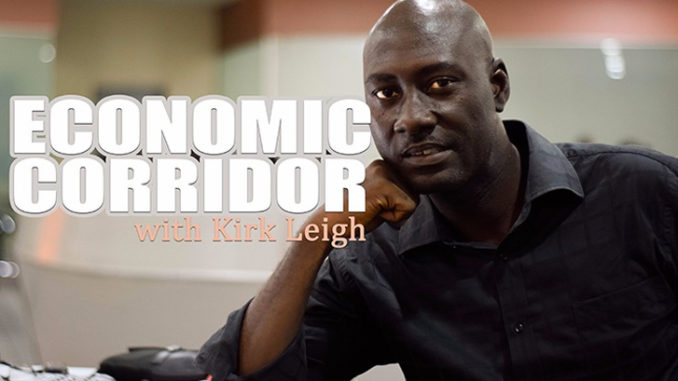
Economic disasters do not come without a warning. These signs are either there in the economic indicators or of those of neighbouring countries or economic super powers. The Nigerian economic sphere is full of warning signs that the economy would go into an economic tailspin, again.
Growing at 1.5 percent, the economy is already in a fragile state and needs only poor handling to topple over thus bringing back the spectre of the recent five-quarter recession and a new phase in Nigerian economic history-double dip recession. “A double-dip recession is when growth slides back to negative after a quarter or two of positive growth. A double-dip recession refers to a recession followed by a short-lived recovery, followed by another recession”.
The first indication that the economy may go that untoward route is the falling oil price. Oil price had shot up to over $80 before slipping back to below $50 a barrel in November. Interestingly, the 2019 budget is predicated on $60 per barrel, meaning that the revenue target is only a pipe dream. Even though the U.S. Energy Information Administration has put average oil price for 2019 at $61, $11/b lower than its own prediction just a month ago. It tells of how volatile oil prices can be. What is likely to further exacerbate the situation will be that OPEC has cut Nigeria’s oil quota to 1.6 million barrels where the country has projected 2.3 million per day in the 2019 budget. This is particularly noteworthy because not more than a year ago, Nigeria and Libya were left off the hook when OPEC revised downwards the quota of members. Both countries were spared because of the respective instability in the polity. But now that there is relative in the Niger Delta, OPEC seems to be applying justice on the matter.
The situation should get us jumpy, knowing that the last recession was triggered by a similar scenario; while oil prices reached bottom from over supply due to a flood of shale gas and OPEC supplies at the international level, locally, production was hampered by activities of militants who bombed and sabotaged oil installations at will.
Shortfalls in production and falling oil price immediately imply losses in foreign exchange reserves. This provides a perfect scenario for currency speculators who may feel the naira is overvalued. The question becomes what happens to the Central Bank’s usual recourse of defending the naira from forex reserves? That will become significantly challenged. Remember, that was how the last recession was triggered. If we ever get to this point, am afraid it will be much worse than the last recession.
The main reason why it will be worse this time around is that we are entering an election year when government and political gladiators are inevitably going to be profligate. They would be spending at a time the economy would be requiring savings that is, in turn, supposed to, ultimately, be converted to investments. Where this happens, the result is always deceleration.
Another reason would be that revenue shortfall implies that government will be unable to meet its target for the New Year including its spending for infrastructure. Keynesian economics posits that a sure fire rout to growth is big infrastructure spending that leads to mass employment, improved wages, increased spending and finally, economic growth. This flurry of economic activities will be absent where government can not generate funds for infrastructure. In fact the opposite will happen, a slip into recession.
What is particularly frightful about this situation is that there’s nothing anyone can do about it. The only solution would be rising oil price and improved oil production. Once again, it is recalled that government was helpless during the last recession and was saved, literally, by the bell when oil prices started to rise, again. Upon the recovery, the central bank became generous with defending the naira, a venture that a depleted reserve did not allow during the recession.
It is also apposite to point out that immediately after the election with big spending by government and politicians, inflation would have taken a leap far beyond the current 11.28 percent thus making the situation a bit more dangerous-rising inflation coupled with a recession. Hopefully, the economy will not experience a stagflation.
There is no quick fix to the coming catastrophe and it speaks to the dangers inherent in this mono oil economy where oil generates the bulk of the country’s foreign exchange. In the medium to long term, government must go beyond talking and properly position the economy for take-off and diversify it. The economy can be diversified along the lines of agriculture, services, transportation and tourism.
END

Be the first to comment